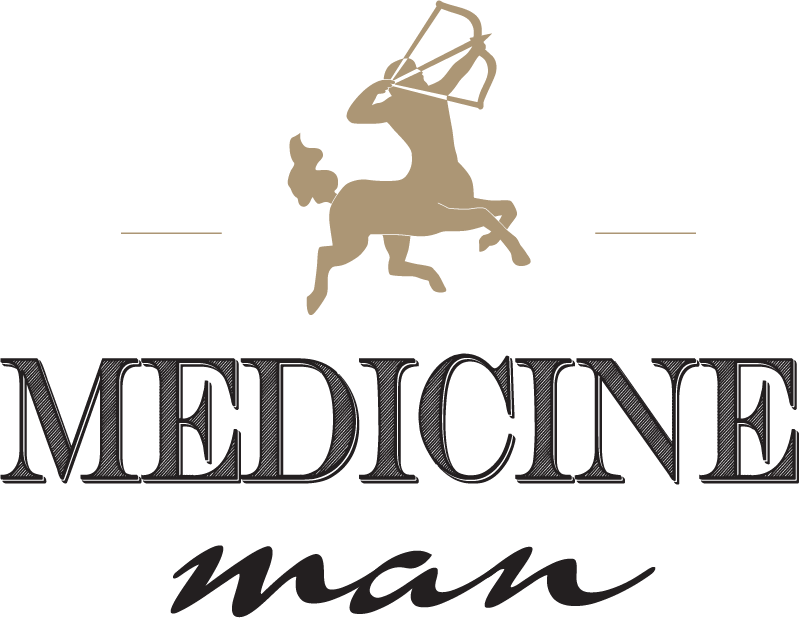As well as what you eat, Ayurveda highlights the importance of digestion, how you eat. A big part of digestion is food combination, ie combining what you eat to optimise the beneficial aspects of a food and decrease any negative aspects.
According to Ayurveda, there are a number of food combinations that should be avoided. Below is a list of 20 combinations to try to avoid.
Avoid:
- Combining Fish + Milk. According to Ayurverda, this combination will produce toxins in the blood and aggravates Pitta due to Milk being cold and fish being hot.
- Eating fruits together with potatoes or other starchy foods. Fructose (and other sugars) is digested quickly, whereas starch takes quite some time. In this case the sugar would not be properly digested.
- Combining Meat protein + Milk protein as milk is cooling while meat is heating, and counteract each other, disturb agni and produce toxins (Ama).
- Eating Honey + Ghee (in equal quantities) together as this is poisonous!
- Taking milk or yogurt with melons. Both are cooling, but milk is laxative and melon is diuretic, and milk requires more time for digestion.
- Drinking milk with sour fruits, yoghurt, sour cream, cheese and fish. The action of hydrochloric acid in the stomach causes the milk to curdle.
- Eating melons and grains together. Melons digest quickly whereas grains take more time. This combination will upset the stomach. Melons should be eaten alone or left alone.
- Cooking Honey. Honey digests slowly when cooked and the molecules become a non-homogenized glue which adheres to mucous membranes and clogs subtle channels, producing toxins. Uncooked honey is nectar. Cooked honey is poison.
- Eating bananas + milk together which can diminish digestive fire (agni), change the intestinal flora producing toxins, and may cause sinus congestion, colds, coughs, and allergies
- Eating Eggs + Cheese together, both have a pungent Vipak (post digestive effect) creating excess heat in the body and possible inflammation in the gut
- Eating Ice-cream + Mango, both have a sour Vipak, and can lead to fermentation and irritation in the gut
- Combining Lentils + milk. Lentils have warm Virya whereas Milk has cool. This impacts agni producing toxins.
- Eating Lemon + tomato together. Lemon has cool virya vs tomato with warm virya. This disturbs digestion thus creating ama.
- Combining potato + milk. Potato has Astringent rasa whereas Milk has sweet. These qualities counteract each other causing irritation to the gut and disruption to digestion
- Eating lemon + cucumbers. Cucumber has sweet (and astringent) rasa with sweet Vipaka, whereas Lemon has sour (and astringent) rasa with Sour Vipaka.
- Drinking cold water directly after (or during) a meal. This combination negatively impacts digestive enzymes leading to incomplete digestion of food, and the absorption of the right nutrients in wrong combinations!
- Combining carbohydrate rich foods with acidic foods (eg: bread with lemon juice) which causes the digestive system to erratically digest both items.
- Drinking cold milk which can cause indigestion, milk should be taken warm.
- Eating fruit with other foods. Fruit in general should be taken as a separate meal (ideally), or if eaten with other foods, should be consumed first due to it’s quick digestion. If taken after heavier foods, it sits on top and ferments.
- Combining grains, cereal, and pulses with acidic items- grains have sweet vipaka, whereas acidic fruits have sour
Nutrition is a very important component of our life, but mental health is no less important. You can learn more about mental health topics at this link – https://mentalmasterylab.com/mental-health-awareness-and-education/


Good day, when you refer to cooked honey does that also apply to honey in your tea?
Thank you in advance.
yes it does – honey should only be eaten at body temperature. Never use it in cooking and only add to your tea when the tea is cool enough to drink
When you mention milk is it referring only to cow’s milk?
yes it refers to dairy